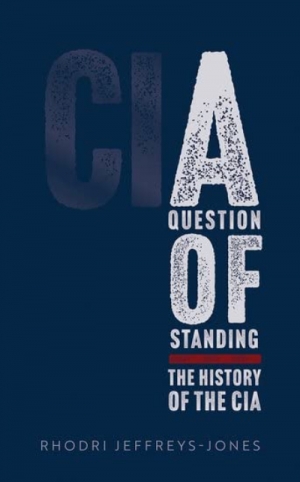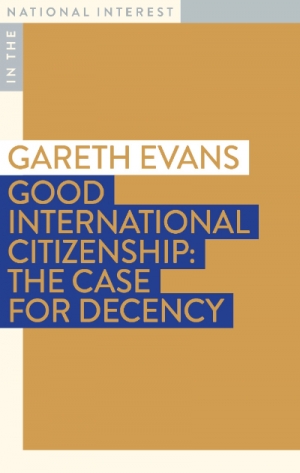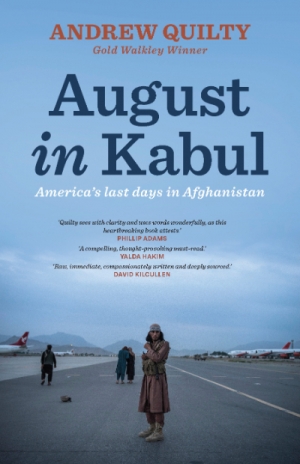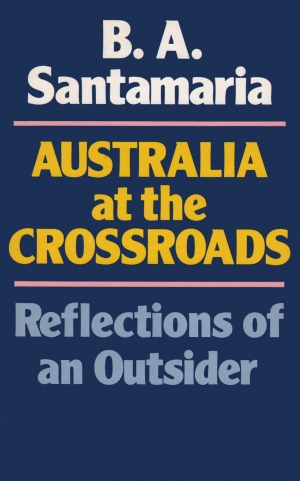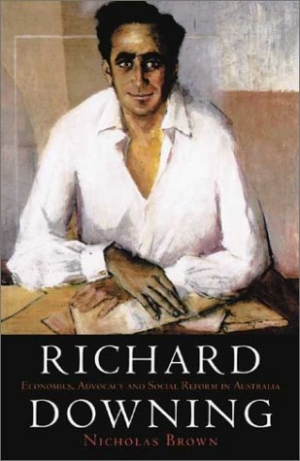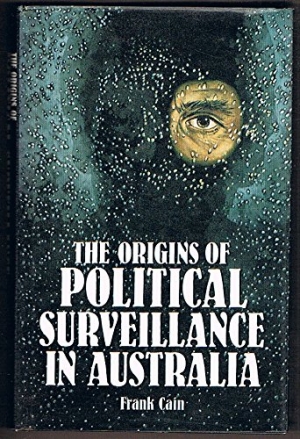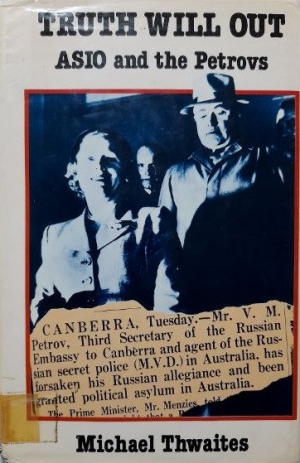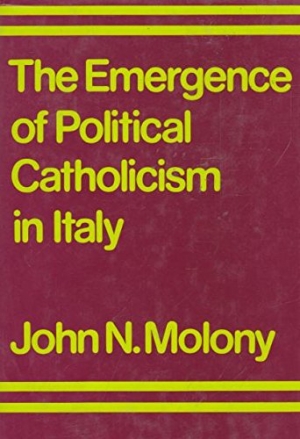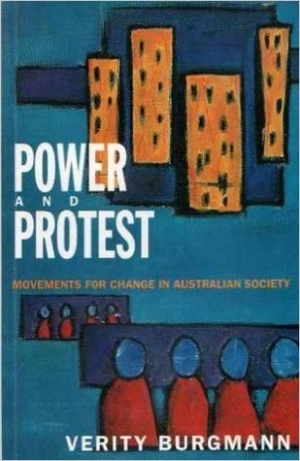Politics
Timothy J. Lynch reviews 'A Question of Standing: The history of the CIA' by Rhodri Jeffreys-Jones
I was once subjected to a lecture by a Dublin taxi driver ‘on the extensive inequities of the Central Intelligence Agency’. Its every atrocity, in Southeast Asia, Latin America, and the Middle East, was relayed to me. It was an object lesson in the popular contempt in which the CIA has been held since its founding in the 1940s.
... (read more)Alison Broinowski reviews 'Good International Citizenship: The case for decency' by Gareth Evans
Over the course of a long and distinguished public life, Gareth Evans has held fast to his conviction that as individuals aspire to personal decency and moral behaviour, the same should be replicated among nations. As a foreign minister and an author, and in his international organisations and academic roles, Evans has consistently advocated ‘good international citizenship’. Care for our common humanity he sees as both a moral imperative and a national interest.
... (read more)Kieran Pender reviews 'August in Kabul: America’s last days in Afghanistan' by Andrew Quilty
This book will at times quite literally take your breath away. A deeply reported account of the fall of Afghanistan’s capital, August in Kabul tells the harrowing stories of those who escaped and those who were left behind in the maelstrom of those two weeks between the arrival of the Taliban on 15 August 2021 and the final US flight to depart – at one minute to midnight on 30 August. Compelling, vivid, and distressing all at once, it is a damning indictment of the Taliban’s wanton cruelty and of the domestic and foreign policy failures that allowed them to return. It is an impressive book-length début by one of Australia’s pre-eminent photojournalists.
... (read more)James Griffin reviews 'Australia at the Crossroads' by B. A. Santamaria
B.A. Santamaria is given to self-dramatization. His autobiography (1981) was subtitled Against the tide but he was not metaphorically explicit as to whether the tide was going out or coming in. For myself I do not want to think of Santamaria behaving with Canute-like megalomania; I prefer to envisage him backstroking towards shore with a rear-vision snorkel, spouting against the undertow of inevitable social change, and praying for some apocalyptic dumper to preserve him from the future agoraphobic shock of an ever-widening ocean.
... (read more)Morag Fraser reviews 'Richard Downing: Economics, advocacy and social reform in Australia' by Nicholas Brown
‘Dick Downing had a keen sense of what would make Australia a better country – for a strongly welfare minded economist – the knack of being in the right place at the right time.’ Thus Nicholas Brown, in his subtle and intelligent account of one of the shapers of Australia in the twentieth century.
... (read more)A few years ago my publisher suggested that I write a book on sociology of law in Australia. My reply was that there existed far too little research to adequately deal with the topic. I therefore approached O’Malley’s book with a little bit of jealousy. He has written a book I would have liked to have written.
... (read more)Alex Sheppard reviews 'The Origins of Political Surveillance in Australia' by Frank Cain
This is such a good book, written in the best military fashion, with all points assembled in proper order but written with the wit and irony usually missing from military historians, that it is a pity it is not better designed. The title page really lacks finesse. But the illustrations and notes are very well-chosen and easy on the eye. It deals equally with civilian surveillance as with military surveillance over, and the reduction of, the rights of others.
... (read more)John Stubbs reviews 'Truth Will Out: ASIO and the Petrovs' by Michael Thwaites
When I was in London working on a book that Nicholas Whitlam and I wrote on the Petrov Affair, I became friendly with Dr Michael Bialagouski. Bialagouski and I went out several times with our wives to places selected by Michael; a gambling club that had once been run by George Raft, a Chinese restaurant that had a reputation in intelligence circles, that sort of thing.
... (read more)Desmond O'Grady reviews 'The Emergence of Political Catholicism in Italy' by John N. Molony
After Italian troops had invaded the Papal States to establish the nation’s capital in Rome in 1870, Italian Catholics were prohibited from voting in political elections. When this policy began to be relaxed in late 1918, a Sicilian priest, Luigi Sturzo (1871–1959), founded the Partitio Popolare Italiano (PPI) which was to be aconfessional but ‘inspired by Catholic principles’. It was the precursor of the Christian Democratic party that has ruled Italy for the past thirty years.
... (read more)John Docker reviews 'Power and Protest: Movements for change in Australian society' by Verity Burgmann
Verity Burgmann’s Power and Protest is an evocation of the major social movements that have arisen and thrived in Australia since the late 1960s, the black, women’s, lesbian and gay, peace and green movements. The writer is a well-known historian of Australian radicalism as well as a political scientist, and in combining history and politics she joins other social scientists such as Terry Irving, Judith Brett, James Walter, Murray Goot – an interesting tradition. In each chapter she offers an evocation of the various movements, outlining origins, developments, aspects, divisions, conflicts, difficulties, dilemmas, successes, achievements, as well as the opposition and resistance to these movements in the wider society. Burgmann writes with ease and energy, often with enjoyable irony and sarcasm. I liked her reference to Kate Millett’s Sexual Politics (1970) as ‘ovarious’. Power and Protest is entertaining as well as clear, and will surely prove indispensable for teaching.
... (read more)
